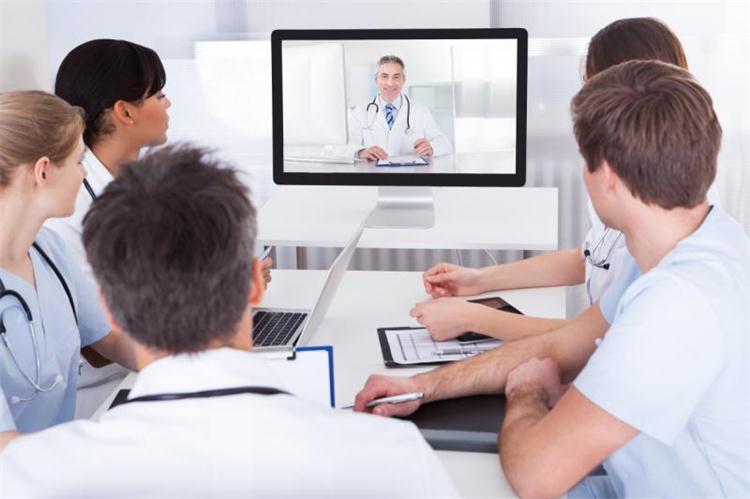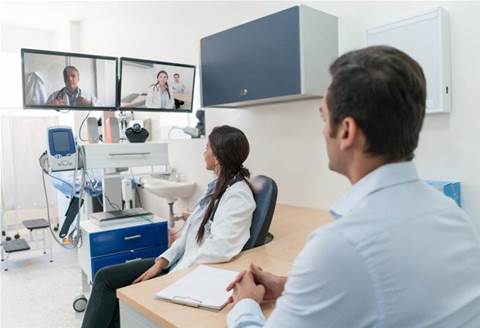A unique health program operating in South West Sydney is providing patients with rapid access to specialist advice to fast-track their treatment.
Many refer to Project ECHO as “high speed internet for the healthcare system”, because specialists are providing input to help cure and treat patients with hepatitis C at rapid speed.
Instead of waiting to see a specialist, a patient’s primary health care provider contacts the expert for advice and takes that knowledge back to treat them.
Liverpool Hospital Gastroenterology and Hepatology Department head Miriam Levy said a weekly video conference between health professionals was de-centralising knowledge and empowering community healthcare to treat patients with hepatitis C.
“Rather than information flowing in one direction, community providers are able to learn from specialists and each other, and, we’re seeing new best practices emerge,” Prof Levy said.
“We’re moving knowledge, not patients, and lives are improved as a result.

“We published our experience in the internal medical journey last year, demonstrating that outcomes of treatment were as good as if the patients had come to see the specialist direct.
“The project allows the reach of “specialist” care to traditionally hard to access patients such as indigenous people and those with illicit drug health challenges.”
An academic grant allowed Project ECHO to put down roots in South West Sydney a few years ago.
Prof Levy said there was also potential for the model to be adopted across other health disciplines.
To date, 350 patients have been treated in South West Sydney using this model of care and Liverpool remains the only Australian hospital to use the hub and spoke approach.
The “hub” includes a hepatologist, gastroenterology advanced trainee, clinical nurse consultant, pharmacist, administrative assistant and social worker from Liverpool Hospital and the “spokes” are the GPs, drug health physicians, hepatitis nurses and community healthcare practitioners.

Project ECHO receives patient referrals, de-identifies them and discusses the case over video conference with the “hub” and “spoke” members.
They work together to determine a treatment plan best suited to the individual patient, then the patient’s physician or GP can proceed with specialist support.
The approach is used around the globe to help treating teams deal with difficult, chronic and common diseases.
It first began in New Mexico to reach indigenous people in remote communities with hepatitis C.
